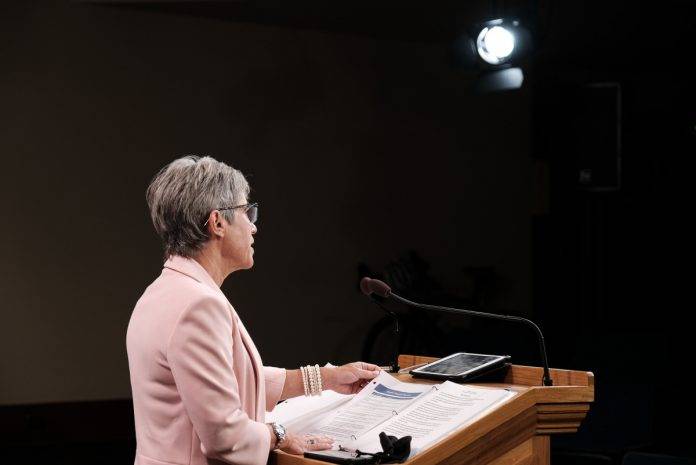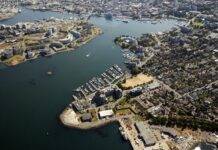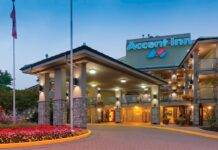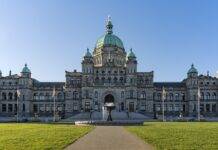
The Government of B.C. has released its first quarterly report and says that though its coffers are still challenged by the pandemic, current forecasts are for an increase in revenue and a reduction in deficit for 2021/22.
So far, the year-end deficit is projected to be $4.8 billion – less than what was previously predicted in Budget 2021. They attribute the improvement to “stronger-than-anticipated recovery in many sectors of the economy, leading to higher-than-expected revenues,” says a recent media release.
The Province also saw an overall increase of $6.2 billion in revenues compared to Budget 2021. They say this is due to “gains in personal and corporate income tax revenues, natural resource revenues and federal funding largely related to B.C.’s pandemic response and recovery measures, as well as child care.”
B.C.’s real gross domestic product (GDP) is forecast to grow by 6% this year and by 4% in 2022. There’s expected growth in retail sales, exports and housing activity, with employment gains surpassing pre-pandemic levels.
As announced in Budget 2021, the Province allocated $3.25 billion in Pandemic and Recovery Contingencies to address health and safety measures related to COVID-19, targeted supports for businesses and people most affected by the pandemic, and additional funding to build B.C.’s economic recovery.
South Island Prosperity Partnership’s Director of Economic Development, Dallas Gislason, says they’re encouraged by the better-than-predicted fiscal state of the province, which gives the government more flexibility to target policy responses where they are most needed. He adds “we remain concerned about a few aspects of our recovery: the equity that has been lost and may no longer be accessible to those who aren’t in the ballooning housing market; the risks that young people and families may leave markets like Greater Victoria due to rising unaffordability; the uneven nature of the recovery–tourism, arts and entertainment, small businesses and supply-chain constraints, and how marginalized populations are participating in the recovering economy. These are all areas we should be watching closely in the coming months.”
Report Highlights:
- B.C.’s real gross domestic product (GDP) is forecast to grow by 6.0% in 2021 and 4.0% in 2022, an upward revision from Budget 2021 growth projections of 4.4% and 3.8% respectively.
- After experiencing substantial job losses at the beginning of the pandemic, the B.C. labour market has shown signs of continued improvement, and total employment has now surpassed pre-pandemic levels. B.C.’s unemployment rate for August is 6.2%, down from over 13% following the onset of the pandemic, and lower than the national average of 7.1%.
- Retail sales in 2021 have remained strong, are 13.0% above pre-pandemic levels and are forecast to continue growing in 2022.
- B.C.’s housing starts reached a record high in March 2021 and have remained well above historical levels through July 2021.
- B.C.’s real estate market has fluctuated since the start of the pandemic, with unit sales hitting all-time highs in March 2021, followed by four consecutive monthly declines between April and July 2021. Despite the decline, home sales remain elevated.
- Factors such as strong demand, low interest rates and low inventory are contributing to increased house prices across Canada.
- As of August 2021, an average of six private-sector forecasters expected B.C. real GDP to grow by 6.3% in 2021 and grow by 4.3% in 2022. This is better than the expected growth of 6.1% on average across Canada for 2021 and the 4.2% growth expected nationally for 2022.
Further reading:























